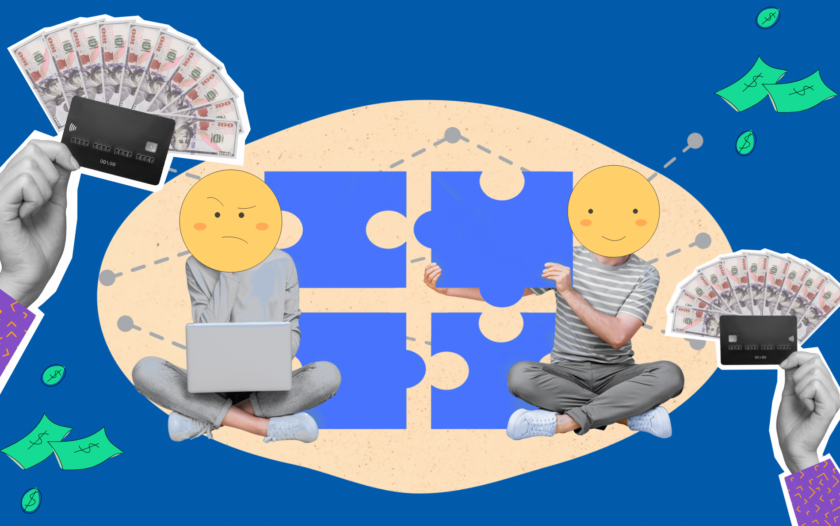Gen Zers are All About ‘Soft Saving’ – Here’s the Deal with This Money Trend
About Anouare
Anouare is a seasoned writer, editor and content strategist who started her career as a lifestyle journalist before stepping into leadership roles at publications such as AskMen and Goalcast. From editorial strategy to content marketing and project-management, she has tackled various challenges in digital media and discovered her passion for mentoring others in the process. She loves a good money mindset book and believes you can create your dream lifestyle by being yourself.
Read full bio
Once upon a time, there was the girl boss era. That’s when it was all about touting how powerful and hard working you were, living off of ambition and 3 hours of sleep and starting your own company by age 25 (that inevitably failed four years later.) As you can imagine, that caused some burnout. So it is no surprise that as hustle culture has slowly — because it is really tiring — walked off into an Instagram sunset and now a new softer way of life is here. What’s the #softlife you ask? A TikTok trend focused on embracing choices that make you feel comfortable and minimize stress. Popularized by young Black women, it’s the antithesis of hustle culture. And it has led to a new personal finance approach for Gen Z: soft saving, which is all about prioritizing your lifestyle over aggressive saving goals.
Soft saving has entered the chat
A new survey conducted by Intuit uncovered this new financial trend. Nearly three in four Gen Zers say they would rather have a better quality of life than extra money in the bank. For Gen Z, experiences matter more than money – 66% of survey respondents said they are only interested in finances as a means to support their current interests.
“The economic shocks of the last few years have transformed how Gen Z views success, and this survey revealed that prosperity means something different to everyone, particularly Zoomers,” said Brittney Castro, Intuit consumer financial advocate.
$2000
per year is the estimated average amount Gen Z spends on socializing.


Why quality of life matters so much to Gen Z
Gen Zers are embracing soft saving because they’re feeling financial strain that is preventing them from living life fully. As Intuit puts it, quality of life is “being held hostage by poor finances” for many Gen Zers who have lost some confidence in their financial future. It’s telling that 67% of Gen Z feel like they will never have the things they want in life because of their financial situation and two-thirds say they’re not sure they’ll ever have enough money to retire.
Additionally, 70% of Gen Zers feel anxious going with friends to restaurants and bars they know they can’t afford and 61% say they’ve had to spend less time with friends and family due to financial constraints.
While previous generations may have adopted a more hardcore attitude about cutting back in the present moment to enjoy financial freedom later in life, Gen Z’s soft saving approach offers another perspective: Some things – like time spent with loved ones or making memories that will last a lifetime – are more precious than growing your bank account. And mental health matters more than wealth.
Soft saving could yield surprising results
There’s something to be said about balancing a long-term plan with some short-term satisfaction. In fact, many experts will tell you that when you’re paying off debt, it’s important to have a realistic plan. Being too strict may end up backfiring. It’s sort of the same as healthy eating – drastic diets only work temporarily and can lead you to binge-eat and gain more weight down the road. Using a debt payoff calculator can help you find that sweet spot so you can take a cue from Gen Z and enjoy your life while paying off debt.
Surprisingly, Gen Zers may be onto something with soft saving because they are still putting some money aside while aiming to live their best life. On average, Gen Z workplace savers are off to a strong start in terms of retirement planning, putting away 14% of their paycheck, according to a BlackRock survey. That’s higher than the average retirement savings rate for older generations (12%).
Take that, grind culture.









